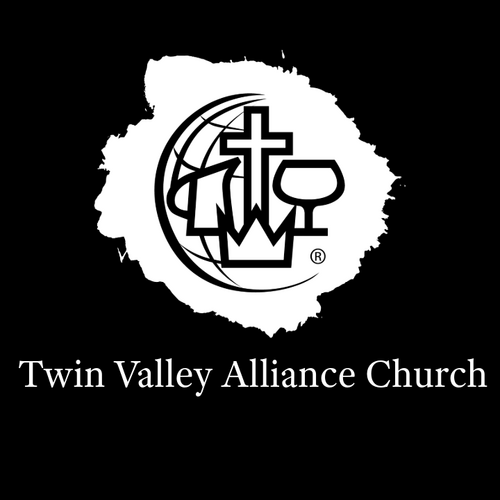Women In Ministry
From its earliest days to the present, The Alliance has been blessed by the faithful and fruitful ministries of women both in the United States and around the world.
Today, women serve with distinction in The Alliance on local church ministry staffs; as international workers, chaplains, and professors in our educational institutions; and on leadership teams in local churches, district executive committees, and the Board of Directors.
In Acts 2, the Holy Spirit came upon believers in a new way — both men and women. Peter explained the Pentecost experience in this way: “In the last days, God says, I will pour out my Spirit on all people. Your sons and daughters will prophesy, your young men will see visions, your old men will dream dreams” (Acts 2:17). The Holy Spirit has been poured out on women and men in the same way and for the same purpose: so that we will all be empowered to live in a manner that demonstrates the character of Christ and fulfill our roles in the mission Jesus has assigned to His Church. The gifts the Spirit gives that equip believers for ministry in and through the local church are distributed to both women and men. The completion of Jesus’ Great Commission calls on all believers, male and female, to be released and mobilized to put those gifts into action. While desiring both genders to be mobilized to exercise their gifts in a variety of ministries and leadership roles, The Alliance continues to affirm its understanding of Scripture that elders are male members of the local church. This includes the elected elders of the local church and the senior/lead pastor.
At Council 2023, delegates voted to merge the ordination and consecration tracks into one, so that both male and female official workers who successfully complete the process outlined in the Manual are now “Consecrated and Ordained,” receiving the designation “reverend.” The use of the designation “reverend” for both men and women is left up to the local church, as is the use of the title “pastor” by a female official worker. Female official workers are empowered to serve in church and other related ministries which include preaching and teaching the Word of God, administering the ordinances under the oversight of the lead pastor and elders, and providing leadership to the church and its ministries. In addition to local church ministries, such service may include district evangelists, workers in educational institutions, and federal and institutional chaplains. An earlier Alliance statement on women in ministry continues to appropriately state: “Women may fulfill any function in the local church which the lead pastor and elders may choose to delegate to them consistent with the Uniform Policy for Accredited Churches and may properly engage in any kind of ministry except that which involves elder authority.”
—Terry Smith, Vice President for Church Ministries, June 2023
Today, women serve with distinction in The Alliance on local church ministry staffs; as international workers, chaplains, and professors in our educational institutions; and on leadership teams in local churches, district executive committees, and the Board of Directors.
In Acts 2, the Holy Spirit came upon believers in a new way — both men and women. Peter explained the Pentecost experience in this way: “In the last days, God says, I will pour out my Spirit on all people. Your sons and daughters will prophesy, your young men will see visions, your old men will dream dreams” (Acts 2:17). The Holy Spirit has been poured out on women and men in the same way and for the same purpose: so that we will all be empowered to live in a manner that demonstrates the character of Christ and fulfill our roles in the mission Jesus has assigned to His Church. The gifts the Spirit gives that equip believers for ministry in and through the local church are distributed to both women and men. The completion of Jesus’ Great Commission calls on all believers, male and female, to be released and mobilized to put those gifts into action. While desiring both genders to be mobilized to exercise their gifts in a variety of ministries and leadership roles, The Alliance continues to affirm its understanding of Scripture that elders are male members of the local church. This includes the elected elders of the local church and the senior/lead pastor.
At Council 2023, delegates voted to merge the ordination and consecration tracks into one, so that both male and female official workers who successfully complete the process outlined in the Manual are now “Consecrated and Ordained,” receiving the designation “reverend.” The use of the designation “reverend” for both men and women is left up to the local church, as is the use of the title “pastor” by a female official worker. Female official workers are empowered to serve in church and other related ministries which include preaching and teaching the Word of God, administering the ordinances under the oversight of the lead pastor and elders, and providing leadership to the church and its ministries. In addition to local church ministries, such service may include district evangelists, workers in educational institutions, and federal and institutional chaplains. An earlier Alliance statement on women in ministry continues to appropriately state: “Women may fulfill any function in the local church which the lead pastor and elders may choose to delegate to them consistent with the Uniform Policy for Accredited Churches and may properly engage in any kind of ministry except that which involves elder authority.”
—Terry Smith, Vice President for Church Ministries, June 2023
